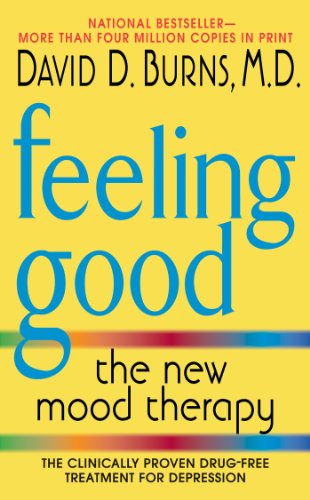If the major of your bachelor’s degree isn’t any UX related field such as graphic design or human-computer interaction (HCI), one possible pathway to break into UX is to study HCI in grad school. A good master’s degree in HCI gives you a solid foundation in UX design, some practical experience of working as a UXer for a real client, and a pretty good credential for landing a product design job. That said, grad schools are not a prerequisite for being a UXer. They tend to be expensive and not that easy to get into. Having been a graduate student in HCI, I wanted to give you a glimpse of my experience and help you make an informed decision.
Continue readingSmall is Powerful: Why You Should Use Sprites in Your Design
Sprites are small images on their own inside a page or screen that typically contain a single object with a transparent background, just like the satellite receiver, the TV and the profile pictures in the following examples.
Continue readingTips on Creating Meaningful Designs - Fast
As product designers, one of the challenges we often face is to come up with new products or features quickly, whether that’s at work or during a job hunt. More often than not, the prompts of these assignments tend to be brief and the problems are likely open-ended. Without a lot of specifics, how can we create something meaningful without designing haphazardly and feeling overwhelmed? Having gone through multiple projects like this, I’ve learned to stick to the 3 principles below so I can navigate these situations more easily. I’m sharing them here and hope you’ll find them helpful.
Continue readingHow Not to Be Depressed: What I Learned from Reading Feeling Good
Depression may not be something we’d like to openly and seriously talk about. It can even take a certain amount of courage and vulnerability to acknowledge this feeling within us, but life can be tough, and depression sometimes does occur when we’re facing challenges and difficulties in our job, our family, our school, our relationships that feel insurmountable. How can we maintain a positive, upbeat attitude without letting hardship knocks us into depression? How can we maintain a healthy mind, so that we can be resilient no matter what life throws at us?
I recently finished the book Feeling Good written by Dr. David D. Burns. Reading it has been hugely beneficial because it has equipped me with the knowledge and tools to identify and combat depression. I highly recommend it and believe that you can benefit from it too, even if you’re not depressed.
Continue readingHow to Create a Radiant Animation inside Figma
Grab the 2-year NordVPN plan with 68% off: https://go.nordvpn.net/aff_c?offer_id=15&aff_id=49790&url_id=902

